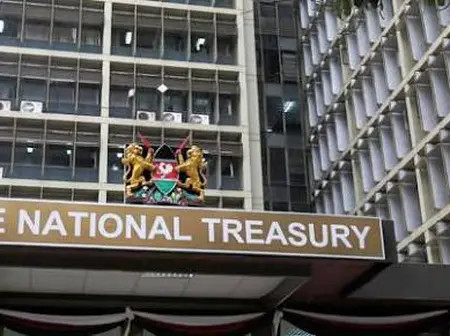
Haiti continues to face one of the most challenging economic and social environments in the region, where formal institutions are weakened, and communities are forced to depend on informal networks of trade and survival.
Sanctions imposed by international actors were intended to pressure political and business elites to curb corruption and violence, but the reality on the ground shows a thriving shadow economy that has adapted to bypass restrictions.
The shadow economy in Haiti covers a wide range of activities, from cross-border trade and informal markets to smuggling networks and the circulation of unregulated goods.
With limited access to formal banking and reliable employment, many families depend on small-scale, informal transactions to meet their daily needs. For some, this economy has become the only reliable lifeline as formal structures fail to provide stability.
Sanctions have had a mixed impact. While they disrupted some formal trade and made it more difficult for certain business leaders to operate openly, they also unintentionally created new opportunities for underground networks.
Smugglers, middlemen, and local traders have stepped in to fill the gaps left by disrupted supply chains. In many cases, essential goods such as food, fuel, and medical supplies now move through channels outside government oversight.
Communities often find themselves in a dilemma. On one hand, the shadow economy ensures access to critical goods and income opportunities. On the other hand, it strengthens networks that thrive on lawlessness, eroding state authority and fueling further instability.
The circulation of arms and contraband through these same channels has also contributed to rising insecurity in cities already struggling with gang violence.
International observers argue that sanctions, while aimed at accountability, risk further entrenching this cycle if not matched with stronger efforts to rebuild local governance and provide alternative livelihoods. Local voices emphasize that economic survival cannot be separated from broader security and governance reforms.
Without addressing systemic inequality, weak institutions, and widespread unemployment, the shadow economy will remain a central part of life in Haiti.
Despite the risks it poses, this economy has become a shield for many households facing uncertainty. It represents resilience in the face of adversity but also highlights the urgency for solutions that restore formal structures and build trust between citizens and institutions. Until then, Haiti’s shadow economy will continue to defy sanctions and shape the country’s fragile path forward.






